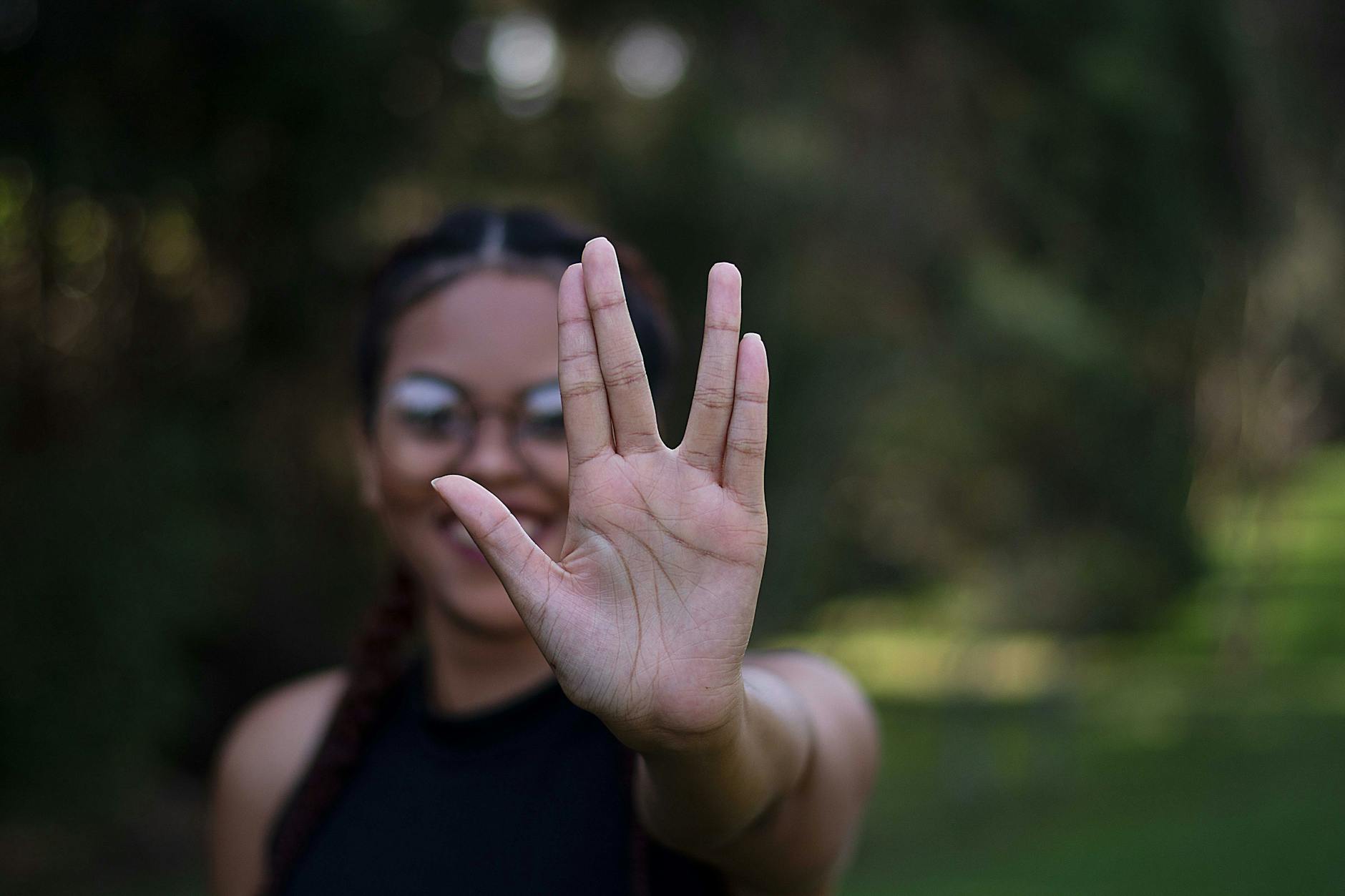“Research” is part five of my series on Plotter-Oriented Writing. The series introduction is here, and contains links to my other posts. I’ll post more more articles on this topic soon.
Research is a huge – and in some ways never ending – part of telling your story. And there’s no one way to go about it.

Perhaps you’re learning about the world of your story and need to research it to understand it fully: the scribes who defied Egypt and invented parchment at the ancient Library of Pergamon; the elite billionaires who meet at California’s Bohemian Club; the entrepreneurial 19th century sailors who fueled San Francisco’s gold rush by shipping coal from the UK and returning with precious stores of California wheat.
Or the world could be entirely your own invention: a distant galactic confederacy on the brink of civil war; a unique magical world where power comes from food and chefs are king-makers; a hidden realm in the New York sewers where Rock-and-Roll musicians are reincarnated as rats after they die.
Maybe you think you don’t need to research because you were born into the world that your story describes: a small, Midwest town where a murder remains unsolved for decades; the mean streets of an inner city where a kid’s fantasies of being a superhero collide with the grim realities of an abusive parent; the bucolic beauty of the English countryside where the son of an Oxford don dreams of playing American football.
All of these require research
Every one of these examples requires research. There’s no getting away from it. Whether you’re inventing a new world, investigating the unfamiliar, or writing about a time and place you know well.
This post is not about helping you research better. That’s too big and varied a topic for me to make sense of in a blog post. But in what follows I will make two points relevant to the Plotter-Oriented approach:
- Firstly, that research is required, not optional.
- Secondly, that research is actually part of the fun, and an important safety valve for allowing you some freedom from the Plotter-Oriented pattern.
What is research?
Before we get to those two points, let’s take a moment to define what I mean by research. It’s a very broad term and can mean many things in different contexts. For our purposes, I’m going to define it like this:
Research is any activity that helps you write a book that isn’t the actual story or text of the book.
That’s simple enough, right?
So…if you read about your world, that’s pretty obviously research. And so is reading comparable or inspirational works. So is interviewing experts. But so is writing character sketches. And drawing maps, working out your world’s magic system, and figuring out the details of your main character’s chocolate collection. Watching relevant movies, TV shows, or YouTube videos that cover relevant topics…that’s research, too.
In a word, almost anything can qualify as research, so long as it’s for the purpose of building up your knowledge so that you can write the best possible book.
A note of caution, though.
It can be hard sometimes to tell the difference between researching and goofing off. If you’re writing a spy novel, reading Ian Fleming is a perfectly worthwhile exercise. But are you reading to expand your knowledge or simply because you really like James Bond? It’s OK to do either…just make sure you’re being honest with yourself about why you’re spending this time the way you are.
Now, let’s get to the two points I want to hit, starting with…
Research is always required
I can hear some of you saying, “This is stupid! Why do I need to research if I have intimate knowledge of the material?” Perhaps you grew up with it…perhaps you’re inventing it. Either way, you might think that you know the material so ridiculously well that research becomes a nonsensical matter.
I’m going to answer this with a simple – hopefully fun – example.
Star Trek!

I like Star Trek. A lot. I grew up with the original series, then Next Generation, and so on. You could say that I was born into that world. I’m not kidding. A friend of mine and I were playing Star Trek Trivial Pursuit one time and I correctly offered up the answer to the following question: what are the beam down coordinates of the Council Chamber of Gideon?
I know. Neeeeerd!
But seriously, this is a domain I know very, very well.
Anyway, I’m going to invent a Star Trek: Strange New Worlds story right here on the spot. I know this is TV rather than a novel, but the principles are all the same and I think it’s the clearest way to make my point.
(You’ll just have to take my word for this, but I swear the next paragraph was written by me from about 1:20 pm to 1:30 pm on Friday, February 23, 2024. The fact that I came up with it in ten minutes might be obvious once you read it.)
The U.S.S. Enterprise visits a new world where all art – music, paintings, books, film – has for centuries been created by machines. Ensign Uhura causes a sensation – and a run-in with the planetary authorities – when she sings a popular Earth tune: the computer model has never heard Earth music and people are astonished that anything like this could be created by a human. The story deals with themes of AI art (of course), creativity, human potential, and fame.
Why does this story need research?
As I’ve said, I know Star Trek almost back-to-front. Moreover, this is not just a world with which I’m intimately acquainted, but I’m inventing the rest…so surely no research is necessary, right?
In fact, I see lots of important scope for research:
Research Star Trek canon
First, as well as I know Star Trek, I’ve never had to consider it from the precise vantage point of this story.
I should probably review any potential overlap in themes with other episodes with which this one might be compared. Star Trek has a long history of stories about artificial intelligence (TOS computers run amok like Landru, Nomad, and M-5; Data from TNG; even Peanut Hamper [yes, normies, that is a real character] from LD). If my story is going to be original and thought-provoking – as all Star Trek should be – I should make sure I’m saying something original within the canon.
There may also be other TV shows familiar to the viewership that have tackled this topic. It might be important to consider these as well. A show like Battlestar Galactica springs to mind.
Research my core topic
Second, I’m obviously tackling a highly relevant and controversial topic. So what’s the state of the art?
We all see daily headlines of new art tools powered by AI, but this work is evolving quickly. Where do the experts think it’ll be in a year? In ten years or a century? This is all research relevant to constructing a pointed and meaningful tale.
Where do experts think AI art is heading? What are the core elements of debate? No engaging story can be constructed on so flaccid a premise as “AI art is bad” or “AI art is useful” or “AI art is inevitable”. Any decent writer will want to dig far deeper and challenge the audience.
As Leonard Bernstein once said, “A work of art does not answer questions, it provokes them; and its essential meaning is in the tension between the contradictory answers.” This is the essence of Star Trek (and storytelling generally) at its best.
In fact, a key research question should be: what are my own views on this topic and can I challenge them? Unless I want my story to reek of dogmatic (read, boring) moralizing I need to understand the real depth of this issue and formulate a theme that makes the audience think, rather than pummel them with a flat, poorly considered and all-too-simplistic answer.
Research a strange, new world
Third, in my invented world something has happened that we worry about right here, right now. That’s a good starting point for a Star Trek story. But this isn’t Earth, so we need to construct a concrete backstory. How did it happen on this planet? This may never be explicitly discussed in the story, but this history must certainly be common knowledge on our invented planet – unless it’s been deliberately covered up – and that history must play into the ongoing story.
Research questions to investigate include: what were the steps to get to the current state of affairs? Did people resist this change or welcome it? Does anyone in this society still push against the machines or has everyone bought in? Which characters (historically and in the story) chiefly represent current views of this issue? We have a general picture of this world. Research will flesh it out.
Another key question: is this situation benign? OK, artists don’t get paid, and maybe I don’t love that, but does the society adapt to this? It would be more of a challenge to the anti-AI crowd and a subtler story if society continues to work even without artists. They’ve lost something, certainly, but it needn’t be the end of the world.
On the other hand, maybe there’s a corrupt intelligence behind this. Maybe our message is that without artistic expression we’re no better than machines ourselves. If that’s the story, perhaps the AI got smart and is deliberately denying the citizens this freedom and they don’t even know it. (Now that’s an old-school Star Trek premise. I guess it’s also more-or-less The Matrix.)
Either way, this is important research you need to do. It’s the type of research called world building and for me it’s one of the most enjoyable parts of writing.
Research the characters
Fourth, we need specific characters who represent the issues at stake. This feels to me like a first contact mission, so maybe we’re meeting the elected leader of the planet and the people around him. But maybe it’s pre-first contact so we’re facing the prospect of (incoming Star Trek trope alert!) cultural contamination. Either way, we have lots of research ahead of us to get to know these characters.
For example, if we go with my above-stated premise that society works and there’s no real malevolence here, maybe the story centers on one character who’s always been consumed by a need to create but hasn’t even got the word to apply to this longing in her soul. Or maybe our new world’s perspective is driven by the mastermind behind the AI system. Or it’s one of Uhura’s musical fans.
Whichever way you go, you had better know this character’s backstory. Why does she have this drive? What makes her the perfect foil so that we can better understand the real hero of this episode: Uhura?
Research the main character
No good Star Trek episode is about what it’s about. In fact, no good story is about what it’s about. Whatever the crazy alien-of-the-week, whatever space anomaly we’re experiencing or strange, new world we’re visiting, what we’re really doing is digging under the skin of one of the regular characters. “The human adventure” is what Star Trek is really about.
Which brings us to the research we need to do on our main character. In this case, Uhura.
Uhura began as part of the original 60s series, so we have a lot of in-series canon to reflect upon. For example, we know that she likes singing (that’s why I picked her). But we also know that her family died in an accident. That’s rich ground to explore. What does the opportunity for fame and adulation mean for a young woman who’s suffered that kind of personal loss? Are there present-day music idols whose stories might serve as inspiration? (One or two come to mind.)
How will the characters on our artless world inform us and uncover new truths about Uhura? Remember what we’ve talked about in other posts: the hero and the story are complementary. Even in episodic television, the hero should perfectly fit into the gap of the story. She should seem at first glance unlikely, unprepared for this situation. But adversity and change should reveal why she’s the only character suited to this challenge.
We also know that Uhura becomes a legend in her world. If I were serious about writing this script, I’d want to spend a lot of research time getting to know Uhura a lot better, seeking to connect what we know of her past with what we know of her future, making my story an integral piece of her personal canon.
I hope you can see that even with a simple idea in a world I know very well…and coupled with a world entirely of my creation…research is hugely important.
But that’s not why I called you here today…
The more important aspect of research as it relates to the Plotter-Oriented approach is that it’s a release valve.
As you know if you’ve followed this series this far, the Plotter-Oriented approach is pretty strict. I recommend taking everything one step at a time and not proceeding until each step is complete.
Well, almost everything.
Research is the one step that very properly – inevitably – happens out of order. In a sense, we all started researching our books (without realizing it) as soon as we were born. Everything we observe, everything we experience, somehow becomes a part of our writing.
But that’s just the start. We’ll investigate new domains as we go and as they occur to us. As with my Star Trek example above, new areas of research will reveal themselves only after we’ve begun to craft the story. Some of this may begin as soon as we have our first inspiration. Other areas may continue right the way up until completion – and sometimes after!
If you’re smart, you’ll keep researching right until you write “The End”. Y’know why? Because every bit of research will help make your story richer, and you may discover an awesome nugget even after you’re done. More than this, it’ll make you richer to have thought ever more deeply about what you create.
Research as a release valve
In the Plotter-Oriented approach, amidst all the plotting and planning, the key beats, the story beats, the synopses, etc., there are few opportunities to actually write. And that’s why we’re here in the first place, right? We love to write, and you might worry that the process denies you that pleasure.
But here’s the thing: the Plotter-Oriented approach only tries to delay you from writing one thing: your novel. The philosophy is that you don’t start writing the novel until the other pieces are in place, because you want the framework solid before you start filling in those details.
But writing for research is entirely on the table!

So write, my friends! Write character bios. Write little short stories that help you understand the nooks and crannies of your world. That’s research. If your hero reads a legend that sets her on her journey, write it. That’s research. Compose blog posts explaining your methodology (like I’m doing here). All research.
All of this – if it helps you find your voice and your characters and your world – is part of the magic of research, and why it is an indispensable part of the Plotter-Oriented approach.
Just one more thing, Columbo…
Just one last thing. Again. Remember to differentiate research from goofing off. If you find yourself writing in ways that don’t lead you towards finishing your novel, you may be taking liberties that are self-defeating. Just as I warned with regard to reading for research versus reading for pleasure, make sure that the writing you’re doing is actually propelling your story forward.
Forward? Ten Forward. I wonder [scribbles research note] if Uhura ever met Guinan?
If any of this is helping you out or proving interesting, please consider subscribing to my blog.
Leave a Reply